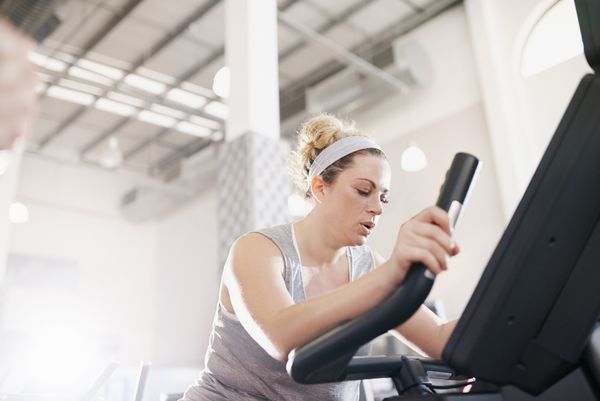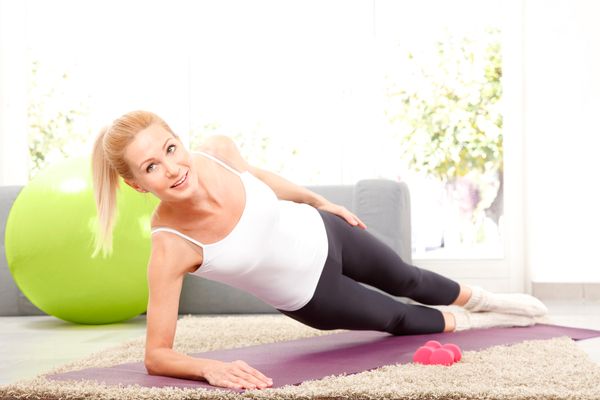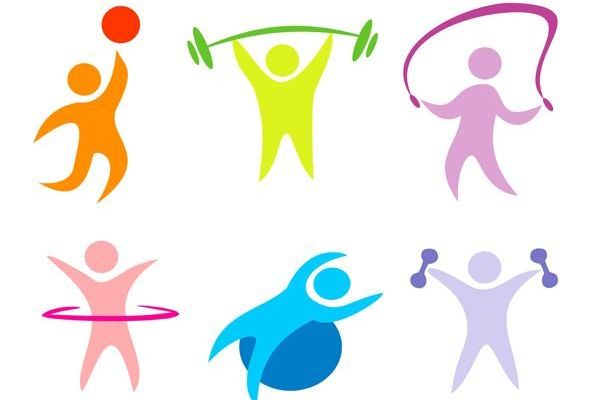It's a beautiful autumn day, just right for getting outdoors and biking along the river or taking a long hike in the woods. After an hour or two, or maybe even more, you head home feeling refreshed and relaxed.
The next morning, you can barely drag yourself out of bed. As the day progresses, your muscles feel even stiffer and achier. You might feel so much discomfort that you think you should forget about exercising.
Muscle soreness several hours, or a day or two, after physical activity doesn't necessarily mean you've done something wrong. Unlike a muscle strain or tear, the condition known as delayed-onset muscle soreness, or DOMS, is normal, although it can be bothersome. It's caused by the minor changes muscles experience as they're adjusting to new movements or activities.
Don't let a little soreness throw your exercise plan off-track. Try these suggestions for easing the aches:
- Massage the sore area a few hours after exercise. It may reduce swelling and soreness by 30 percent.
- Apply a cream designed to relieve soreness. Alternatively, put ice on sore muscles or soak them in warm water. These all may ease pain temporarily.
- Put your sore muscles back in motion, gently. Light exercise can reduce soreness by 40 percent.
- Wear a compression sleeve on your arm for five days immediately following stressful exercise (such as the motion used in curling a hand weight up from your leg to your chest).
- Do a light warm-up before you exercise. Forget what you learned in high school—stretching before or after exercise won't help you feel less sore.
- Try taking ibuprofen. The American College of Sports Medicine says it may help; it also says that no herbal remedies have been proven useful for muscle soreness.







